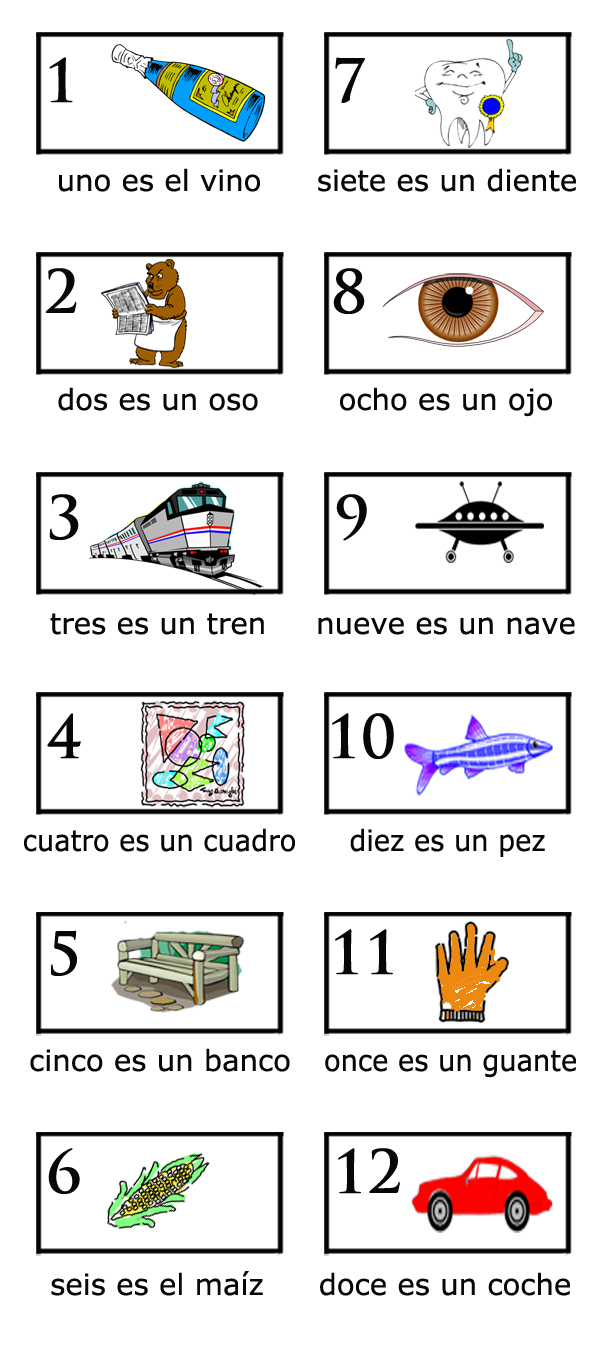There hasn't been a lot of research into the effects of herbs and spices on cognition and the brain, unfortunately. But on the positive side, the risk of side-effects is very low, so we don't need a lot of evidence for it to be worth trying.
- Strategies
Everyday Strategies
- Lifestyle & Aging
Lifestyle
- Sleep & Circadian Rhythm
- Problems
Forgetting
Absentmindedness
Cognitive Impairment
- How Memory Works
Types of memory
Individual Differences
How the brain works
